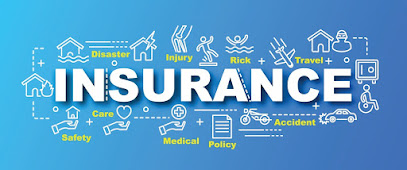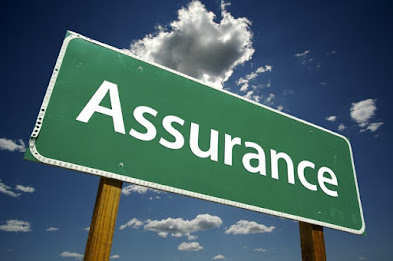What Is Insurance?
Insurance is a type of policy, in which an entity gets financial protection or reimbursement against losses from an insurance company.
Insurance policies are used against the risk of financial losses in both cases either big and small, this may result from damage to the insured or his/her property, or from the liability for damage or injury caused to a third one.
How Insurance Works
There is a multitude of different types of insurance policies that were available, and virtually can any individual or business can find an insurance company willing to insure them—for a price.
The most common types of insurance policies are which make an individual healthy, homeowners, and Stress-less life. Most individuals in the United States have at least one of these types of insurance, and car insurance is required by law.
KEY TAKEAWAYS WHILE TAKING AN INSURANCE
- Insurance is a contract in which an insurer indemnifies(to pay somebody an amount of money because of the damage or loss that he/she has suffered) another against losses from specific contingencies or perils (as a possible but not very likely future event or condition; eventuality; something dependent on a possible future event; a fact, event, etc; incidental to or dependent on something else).
- There many types of insurance policies. Life, health, homeowners, and auto are the most common forms of insurance.
- The core components that make up most insurance policies are the deductible, policy limit, and premium.
- Businesses require special types of insurance policies that insure against specific types of risks faced by a particular business(For example a fast-food restaurant needs a policy that covers damage or injury that occurs as a result of cooking with a deep fryer. An auto dealer is not subject to this type of risk but does require coverage for damage or injury that could occur during test drives).
- To select the best policy for you or your family, it is important to pay attention to the three critical components of most insurance policies—the deductible, premium, and policy limit
- There are also insurance policies available for very specific needs, such as kidnap and ransom medical malpractice, and professional liability insurance, also known as errors and omissions insurance.
Insurance Policy Components
When choosing a policy, it is important to understand how insurance works.
A firm understanding of these concepts goes a long way in helping you choose the policy that best suits your needs. For instance, whole life insurance may or may not be the right type of life insurance for you.
There are three components of any type of insurance (premium, policy limit, and deductible) that are crucial.
Premium
A policy's premium is its price, typically expressed as a monthly cost. The premium is determined by the insurer based on your or your business's risk profile, which may include creditworthiness.
For example, if you own several expensive automobiles and have a history of reckless driving, you will likely pay more for an auto policy than someone with a single mid-range sedan and a perfect driving record. However, different insurers may charge different premiums for similar policies. So finding the price that is right for you requires some legwork.
Policy Limit
The policy limit is the maximum amount an insurer will pay under a policy for a covered loss. Maximums may be set per period (e.g., annual or policy term), per loss or injury, or over the life of the policy, also known as the lifetime maximum.
Typically, higher limits carry higher premiums. For a general life insurance policy, the maximum amount the insurer will pay is referred to as the face value, which is the amount paid to a beneficiary upon the death of the insured.
Deductible
The deductible is a specific amount the policy-holder must pay out-of-pocket before the insurer pays a claim. Deductibles serve as deterrents to large volumes of small and insignificant claims.
Deductibles can apply per-policy or per-claim depending on the insurer and the type of policy. Policies with very high deductibles are typically less expensive because the high out-of-pocket expense generally results in fewer small claims.
Special Considerations
Regarding health insurance, people who have chronic health issues or need regular medical attention should look for policies with lower deductibles.
Though the annual premium is higher than a comparable policy with a higher deductible, less expensive access to medical care throughout the year may be worth the trade-off.
What Is Assurance?
Assurance refers to financial coverage that provides remuneration for an event that is certain to happen. Assurance is similar to insurance, with the terms often used interchangeably. However, insurance refers to coverage over a limited time, whereas assurance applies to persistent coverage for extended periods or until death. Assurance may also apply to validation services provided by accountants and other professionals.
How Assurance Works
One of the best examples of assurance is whole life insurance as opposed to term life insurance. In the U.K., "life assurance" is another name for life insurance. The adverse event that both whole life and term life insurance deal with is the death of the person the policy covers. Since the death of the covered person is certain, a life assurance policy (whole life insurance) results in payment to the beneficiary when the policyholder dies.
A term life insurance policy, however, covers a fixed period—such as 10, 20, or 30 years—from the policy's purchase date. If the policyholder dies during that time, the beneficiary receives money, but if the policyholder dies after the term, no benefit is received. The assurance policy covers an event that will happen no matter what, while the insurance policy covers a covered incident that might occur (the policyholder might die within the next 30 years).








Posting Komentar
Posting Komentar